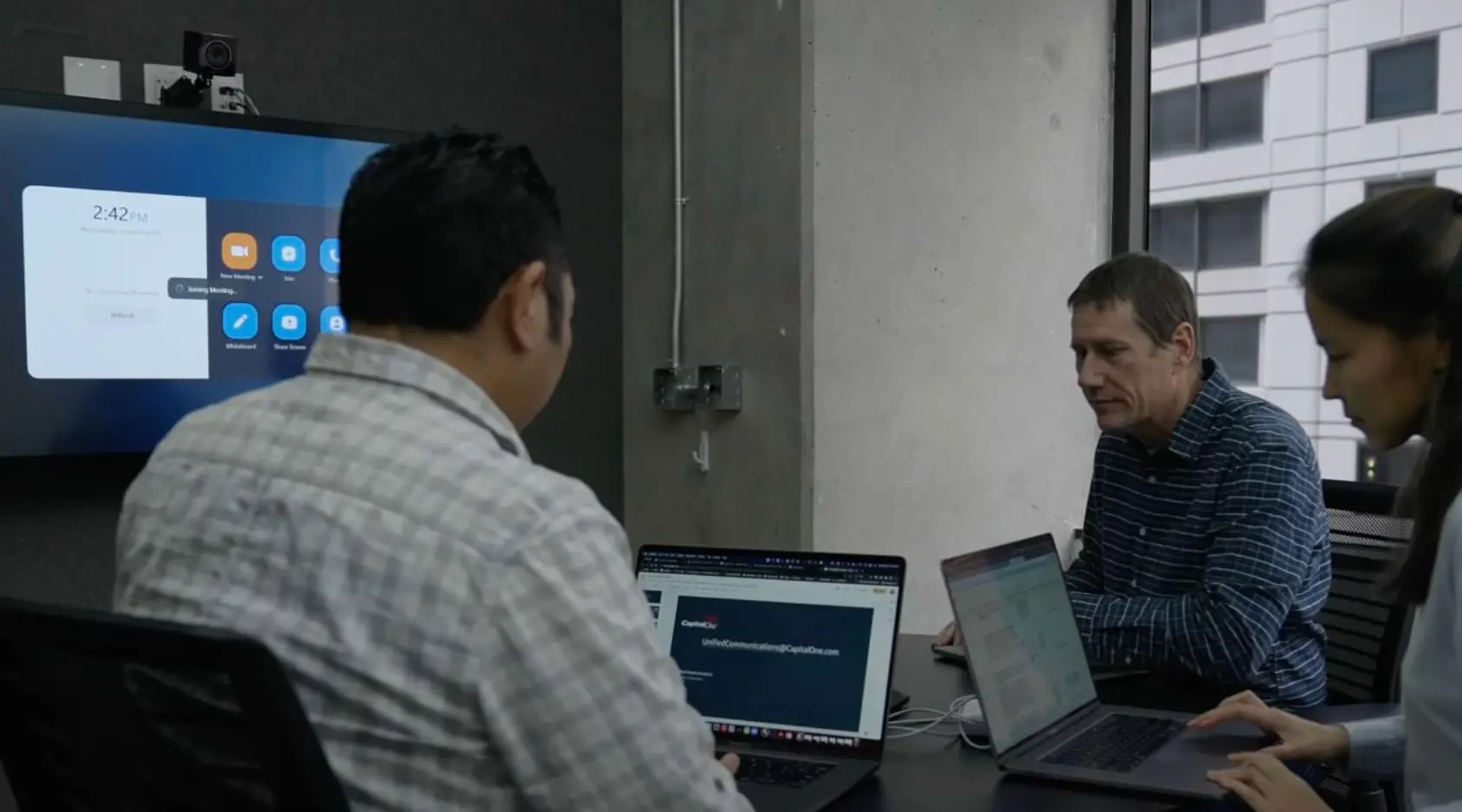From Side Jobs to Success: Entrepreneurs Who Transformed Their Hustles
Updated on
Published on

Successful Entrepreneurs Who Started as Side Hustlers
Many entrepreneurial legends didn’t leap straight into running a large-scale business. Instead, they juggled day jobs, schooling, or entirely different careers while testing out their big ideas on the side. Starting small can allow founders to experiment, learn from mistakes, and refine their offerings without risking everything at once. The stories below demonstrate that a humble side hustle can indeed become a full-blown empire if fueled by passion, grit, and the willingness to work after regular hours.
Steve Wozniak & Steve Jobs: Apple’s Garage Origins
Apple’s journey began in the mid-1970s when Steve Wozniak and Steve Jobs teamed up to build the first Apple computers in Jobs’ parents’ garage. Wozniak worked with circuit boards and programming outside his regular job, while Jobs used his flair for marketing and design aesthetics to package the product for hobbyists. Initially, they just wanted to create user-friendly computers for fellow tech users. Before long, their part-time passion project birthed Apple, now one of the world’s most influential tech corporations.
- Key takeaway: Starting small and focusing on a niche audience (fellow techies) can foster loyal supporters early on.
- Human factor: Wozniak and Jobs’ partnership combined technical brilliance with entrepreneurial vision, proving collaboration is often critical in a side hustle.
Sara Blakely: Spanx and the Power of Persistence
Sara Blakely spent her days selling fax machines door-to-door for Danka before she came up with the idea for Spanx—a line of body-shaping undergarments. Frustrated by how traditional pantyhose felt and looked under white pants, Blakely snipped off the feet of a pair to create her first prototype. This quick DIY hack morphed into an after-hours mission: she researched materials, applied for patents on her own, and tested her product with friends. After landing a deal with Neiman Marcus to carry Spanx, Blakely’s side project skyrocketed, turning into a billion-dollar company.
- Key takeaway: Spotting a personal frustration and solving it can reveal an untapped market.
- Human factor: Blakely’s drive and willingness to do all the grunt work herself— from patent research to building a personal brand—underscore the scrappiness typical of side-hustling founders.
Mark Cuban: Early Hustles to Tech Mogul
While Mark Cuban is best known as the owner of the Dallas Mavericks and a panelist on Shark Tank, his entrepreneurial streak started young. He sold garbage bags door-to-door at age 12 to make quick cash, which set the tone for juggling multiple ventures. After college, he moved to Texas and worked as a computer software salesman, but in his spare time, he dabbled in his own technology services. Eventually fired from that job, Cuban used his sales knowledge and contacts to launch MicroSolutions—initially as a side initiative that quickly grew into a full-time software company. He sold MicroSolutions for millions, paving the way for his subsequent investments and tech enterprises.
- Key takeaway: Even small hustles (selling garbage bags) can teach essential sales and people skills.
- Human factor: Cuban’s willingness to seize opportunity, despite setbacks like losing a day job, highlights resilience and self-belief.

Daymond John: FUBU from Red Lobster Shifts
Daymond John, who later became a household name on Shark Tank, grew up in Queens, New York, and worked part-time at Red Lobster to pay bills. Meanwhile, he started FUBU (For Us By Us), selling hats and t-shirts out of his mother’s house. Initially, John and his co-founders would create small batches of apparel after work hours and hustle to make direct sales during their off time. It was only once FUBU began appearing in hip-hop music videos—thanks to their clever marketing approach of placing products on rising rap stars—that the brand took off. John eventually left Red Lobster as FUBU began raking in millions.
- Key takeaway: Leveraging cultural trends (in John’s case, 1990s hip-hop) can amplify a niche brand’s reach dramatically.
- Human factor: Working a “regular job” while nurturing a creative dream on the side is common. Persistence and real hustle can propel you to pivot full-time.

Kevin Plank: Under Armour’s Basement Beginnings
As a University of Maryland football player, Kevin Plank grew tired of sweaty cotton T-shirts. His frustration led him to design moisture-wicking athletic gear from scratch in his grandmother’s basement. Though he was a college student (not exactly a day-job scenario), Plank balanced classes, sports, and this budding clothing concept that would become Under Armour. After graduating, he dedicated more time to refining prototypes and distributing them to fellow athletes. It started as a small operation, but Plank’s grit and willingness to personally demo the product eventually led Under Armour to challenge giants like Nike and Adidas.
- Key takeaway: Addressing personal pain points can yield universal solutions—particularly in sports or fitness.
- Human factor: Balancing multiple commitments (school, sports) is akin to a side hustle approach and highlights real dedication.

Why Side Hustles Often Thrive
Many side hustlers benefit from a safety net—an existing job or stable income—that mitigates risk while they experiment. This arrangement can foster creativity: mistakes aren’t catastrophic, so founders can iterate quickly and refine their product or service. Additionally, side hustlers often approach their early customers in a personal, grassroots manner, building strong relationships and receiving direct feedback. By the time they decide to go full-time, they’ve already validated their concept and cultivated a loyal following.

Tips for Today’s Side-Hustling Entrepreneurs
If you’re thinking of joining these ranks, consider focusing on a genuine passion or an everyday problem you’d like to solve. That authenticity can keep you motivated when you’re juggling a day job, family responsibilities, or other obligations. Embrace lean startup principles: launch small-scale or test a minimal viable product (MVP), gather real-world insights, and refine. Don’t hesitate to ask for help—collaborate with other professionals, tap into local business communities, or leverage social media to find early backers and mentors.
- Value your time: Squeeze in hustle hours wisely, but watch out for burnout.
- Maintain a learning mindset: Each misstep is a lesson that can help shape your final vision.







